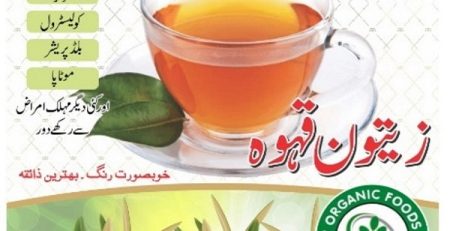moringa farming benefits
moringa farming benefits
Business Edge Int-Pakistan is multinational company USA based Network Marketing Company; three types of Products are selling through Network Marketing, Traditionally & Digital Marketing.
Products are following:
Our products are available all over Pakistan & around the world. We are require Selling managers around the globe. Especially Organic Foods & Organic Cosmetics recommended for every to purchase for your health and beauty.
Best regards
Business Edge Int-USA
Moringa farming offers several benefits, both to individual farmers and to the communities and regions where it is cultivated. Here are some of the key benefits of moringa farming:
- Nutrient-Rich Crop: Moringa is exceptionally nutrient-dense, containing a wide array of essential vitamins, minerals, and antioxidants. As a result, it is a valuable source of nutrition for both the farmers and the communities where it is grown.
- Food Security: Moringa can help improve food security in regions with limited access to nutritious foods. Its leaves, pods, and seeds are edible and provide a source of vitamins and minerals, helping to combat malnutrition.
- Drought Resistance: Moringa is a hardy and drought-resistant crop. It can thrive in arid and semi-arid regions where water resources are limited, making it an excellent choice for sustainable agriculture.
- Sustainable Farming: Moringa is known for its ability to improve soil quality. It can be used as a natural fertilizer, and its deep root system can help prevent soil erosion.
- Income Generation: Moringa farming can be a source of income for small-scale farmers. The leaves, pods, and seeds can be sold locally or used to produce value-added products like moringa powder, capsules, or teas for wider distribution.
- Medicinal Uses: Moringa has a long history of use in traditional medicine. Farmers can benefit from the medicinal properties of moringa and may use it to address various health concerns.
- Economic Opportunities: As moringa gains popularity as a superfood, there are growing opportunities for farmers to tap into global markets and export moringa products, contributing to economic growth.
- Sustainable Agroforestry: Moringa can be integrated into agroforestry systems, promoting biodiversity and providing shade and shelter for other crops and livestock.
- Reduced Dependence on Chemical Fertilizers: Moringa can serve as a natural alternative to chemical fertilizers due to its nutrient-rich leaves, which can be used as a green manure.
- Livestock Feed: Moringa leaves and pods can be used as fodder for livestock, contributing to animal health and milk or meat production.
- Carbon Sequestration: Moringa trees can help sequester carbon dioxide from the atmosphere, contributing to climate change mitigation.
- Low Maintenance: Moringa trees require minimal care and can thrive with little attention, making them suitable for subsistence and small-scale farming.
- Versatile Crop: Different parts of the moringa tree can be utilized, including the leaves, pods, seeds, and roots, providing a versatile crop with various uses.
Overall, moringa farming offers a range of agricultural, economic, and nutritional benefits. It has the potential to improve the well-being of communities by addressing malnutrition, enhancing food security, and creating income opportunities for farmers. Additionally, its sustainability and adaptability make it a valuable crop for regions facing environmental and climatic challenges.










Leave a Reply